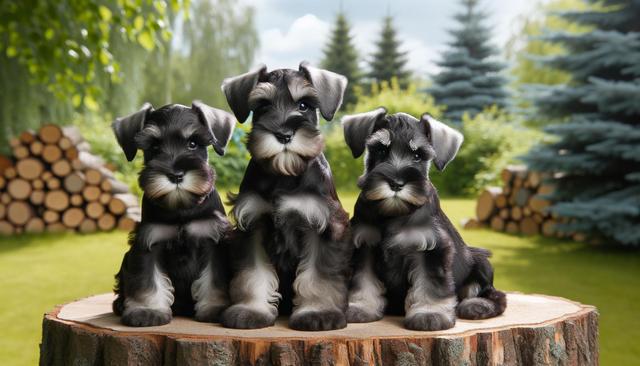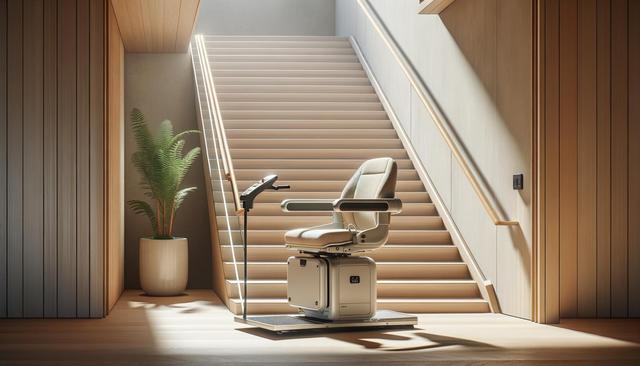Breed Overview and History
The Miniature Schnauzer is a compact, sturdy breed originally developed in Germany. Bred down from the Standard Schnauzer, this smaller version was created to be an efficient farm dog and ratter. Over time, it transitioned into a beloved companion due to its manageable size and spirited personality. These puppies are easily recognized by their signature beards and bushy eyebrows, giving them a unique and expressive look.
Miniature Schnauzers are part of the terrier group but are notably different from many other terriers due to their history and temperament. While they do have a strong prey drive and high energy levels, they are generally more obedient and eager to please. Their loyalty and alert nature make them excellent watchdogs, despite their small size. This breed’s rich background contributes to its reputation as a well-rounded and adaptable pet.
Personality Traits and Behavior
Miniature Schnauzer puppies are lively and full of personality. They are typically friendly, intelligent, and eager to interact with their human families. One of their most endearing qualities is their strong desire to be involved in all household activities. These dogs are rarely aloof and thrive in environments where they receive plenty of attention and mental stimulation.
When it comes to living with a Miniature Schnauzer, potential owners should be aware of some key traits:
- They are alert and tend to bark at unfamiliar sounds or sights, making them effective watchdogs.
- Playfulness is a big part of their nature, and they usually get along well with children and other pets when socialized early.
- They are intelligent and responsive to training but can be somewhat stubborn if not consistently guided.
With proper training and engagement, these puppies grow into loyal and affectionate adult dogs. However, they do need boundaries to prevent undesirable behaviors such as excessive barking or digging.
Care and Grooming Needs
Miniature Schnauzers have a double coat that requires regular grooming. Their wiry topcoat and soft undercoat are prone to matting if not properly maintained. Regular brushing—at least two to three times a week—is recommended to keep their coat in good condition. Many owners opt for professional grooming every 5 to 8 weeks to maintain the breed’s signature look, including the trimmed beard and eyebrows.
In addition to coat care, other grooming needs include:
- Regular ear cleaning to prevent infections
- Dental hygiene, including brushing a few times a week
- Nail trimming to avoid overgrowth and discomfort
Despite their grooming needs, Miniature Schnauzers are considered a relatively low-shedding breed, which can be beneficial for individuals with mild allergies. Their cleanliness and low odor also make them a popular choice for indoor living.
Exercise and Health Considerations
Miniature Schnauzers are energetic and require daily physical and mental activity to stay healthy and content. While they adapt well to apartment living, they still need regular walks and playtime. Engaging them in games like fetch or agility training can provide both exercise and mental stimulation.
Health-wise, Miniature Schnauzers are generally robust but may be prone to certain conditions, including:
- Pancreatitis, often related to high-fat diets
- Eye issues such as cataracts or progressive retinal atrophy
- Skin conditions and allergies
Routine vet checkups, a balanced diet, and maintaining a healthy weight are essential for keeping these dogs in good shape. Providing sufficient exercise also helps prevent behavioral issues stemming from boredom or excess energy.
Training and Socialization
Training a Miniature Schnauzer puppy should begin early and be consistent. These intelligent dogs respond well to positive reinforcement methods such as praise, treats, and clicker training. Socialization is equally important and should include exposure to different people, environments, and other animals.
Effective training strategies include:
- Short and engaging training sessions to match their attention span
- Frequent repetition and consistency in commands
- Encouraging calm behavior through structured routines
Socialization during the early months helps reduce the likelihood of fear-based behaviors and ensures a well-adjusted adult dog. Puppy obedience classes can be particularly beneficial for first-time owners and provide a controlled setting for social development.
Conclusion
Miniature Schnauzer puppies are a wonderful choice for individuals or families seeking a lively, affectionate, and intelligent companion. They fit well into a variety of living situations and bring a lot of joy with their playful energy and charming personalities. While they do require consistent grooming, training, and exercise, the rewards of having a devoted and interactive friend are well worth the effort. With the right care and attention, a Miniature Schnauzer puppy can grow into a cherished member of any household.




Leave a Reply